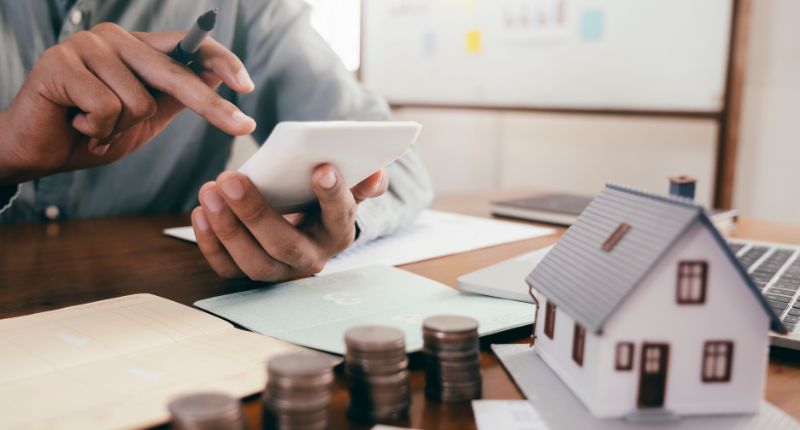
- Home buying considers liveability while strategy is paramount for investment homes.
- Some incentives and grants may be available if you are living in your home first.
- An emotional purchase can lead to paying more for the home and may hurt you if cash flow or yield are too low.
Australia’s current lack of housing supply has driven a property affordability crisis, with many property buyers struggling to secure a home. Therefore, it is no wonder that when buyers finally manage to purchase their first home, they want to keep a foothold on the property ladder.
We are starting to see more and more properties being bought with the long-term mindset that their home will one day become their investment property, with some sacrifices being made to the perfect family home, in favour of better long-term investment potential.
When buying an investment property, it is all about strategy but when buying your home, it is all about liveability and desirability. So, what happens when these two buying strategies collide and the family home is now recognised to be a ‘safe as houses’ investment?
Is buying a home as an investment property going to prove to be a sound investment?
What are the pros and cons?
The advantages:
There are many advantages to buying a family home that will become a long-term investment.
The biggest advantage is that your property purchase may work out to be cheaper for you!
When buying a family home, you will be able to gain access to some of the Government’s home buyer grants and incentives that are only available for home buyers and that you would otherwise not be able to access if the property was purchased for the purpose of an investment property.
Another benefit is that the property you are buying will be bought with a homeowner mindset; you will be looking at properties that are in a nice street, location, with a functional layout which is the same that any tenant would also be looking for. This means you can be confident that your property will be desirable for tenants.
This is somewhat different to an investor who will be considering the rental yield potential, cash flow, capital growth, and gearing of the property.
Also, you will be well acquainted with the area and the local amenities so the property that you purchase is likely to be suitably located for any future buyer when it comes time to sell.
If you decide to sell the property within 6 years of vacating, then you will get access to a capital gains tax exemption.
The disadvantages:
When buying an investment property that will be a home, you won’t have your ‘investor hat’ on, and your decision will be heavily swayed by the fact that you will be living in the property. The purchase will be a more emotional one so it may not be the best investment decision or the best investment strategy for you, and with any emotional purchase, there is a risk that you will overpay for the property.
Another consideration is that whilst the property may be suitable for your family, that doesn’t mean it’s the best type of property for the demographics of the area- so you need to ensure you do the appropriate due diligence around this when you are searching for a property.
If you are searching for a home, paying a little more for a property that you are happy to live in can be justifiable but when it turns into your investment property it might bite you back if the cash flow or rental yield are too low. And of course, if you overpay for an investment property it can set you back a bit with your capital growth targets.
Buyer beware! It might be a wise decision to purchase your first property as a home that will later become an investment property, but, you will need to approach the purchase using data and due diligence to ensure that your decisions are based on facts rather than emotions, otherwise you are risking over-capitalising and limiting your future investment returns.
What you need to consider
- Rental returns: What is the likely rent when the property turns into an investment property? Will it be able to ‘pay for itself’ and be able to cover the costs?
- Capital Growth: It is important to consider whether or not the property is likely to improve in value over time so that you will make a gain when it is time to sell. If the property is unlikely to gain much value over time, then it may not be a good investment property.
- Manufacturing equity: You may be able to improve the value of the property by manufacturing equity. This can be done by completing some renovations on the property or by subdividing the land or developing it if this is allowable within the local council guidelines.
- Borrowing capacity: If you use your first home as an investment property, and you plan to buy another property to live in, then what would be your potential serviceability? The more useable equity in your first home along with the potential rent will assist in your borrowing capacity for your next property. If you are unable to borrow more than your first property, would you be happy to downsize when you become the landlord and get tenants in your property?
- Capital gains tax when you sell: When selling an investment property, you will get access to a capital gains tax exemption if you previously lived in the property and sell within 6 years after you vacate from the property. You will need to consider your exit strategy for the property.
~~
Before making any financial decisions, please do your own independent research, taking into account your own situation. This article does not purport to provide financial or property buying advice. See our Terms of Use.







